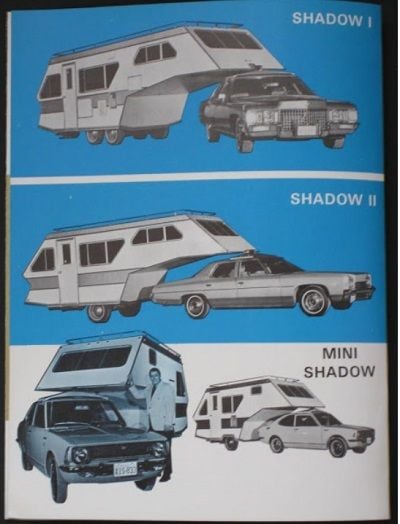So there are at least two of us on this board. Nice to see.
I somewhat agree and disagree. Engineering is a science and it incorporates math, equations, theory, metallurgy, and other factors that can be calculated. What cannot be calculated is stupidity, or ones inability to operate a device the way it was designed. Misuse will lead to failure, and ultimately injury or death. Most devices have limits set forth by the manufacturer, designers or engineers. Use the device within those limits and it should not fail at least not within the warranty envelope. As an engineer I am sure you are familiar with the safety factor, and that everything is designed to have a > 1 SF (2 being the most common). This is to account for uncontrollable variables like impact loading, misuse, uneven loading, etc. Not saying we should push our equipment into these zones but they do exist for a reason. Overloading a truck by a few percent or 50 lbs will likely not make your equipment fail. Enter the weekend Home Depot dude that overloaded his 1500 by 1000+ lbs of sheetrock and made it home safely without damage to truck or equipment. However, doing it with little experience or pushing those uncontrollable variables higher will make things fail sooner even though you may be within your manufacturer specifications. Guess the point I'm trying to make is that these limits are a guide, and just because you are within them it doesn't mean things won't fail, or will fail if you exceed them by a reasonable percentage. Common sense is far more important. Everyone's definition of 'what is safe' is objective and pure opinion based. This brings me to a previous point made by a few members that triggered me slightly. A fifth wheel should never be pulled by a 1/2 ton. I don't believe that is true especially knowing the dynamics of a 5th wheel setup over a TT, and for a member to push their agenda (or opinion or fear) on to other members is just incorrect. What is more important is to know your OWN limits, and that is not something you can put on a DOT place-card. These trucks are designed to tow. Don't be afraid to use it as such just respect common sense, and know your own limits. That is far more dangerous then being 50 lbs over on GVW.


















